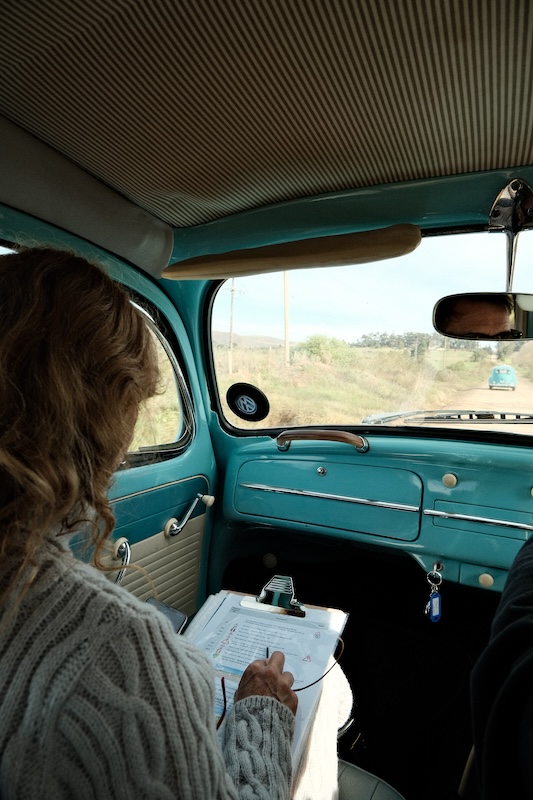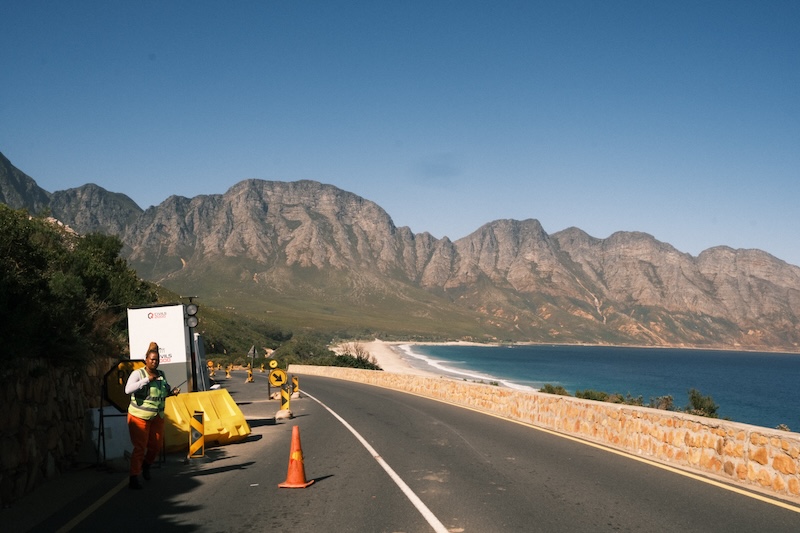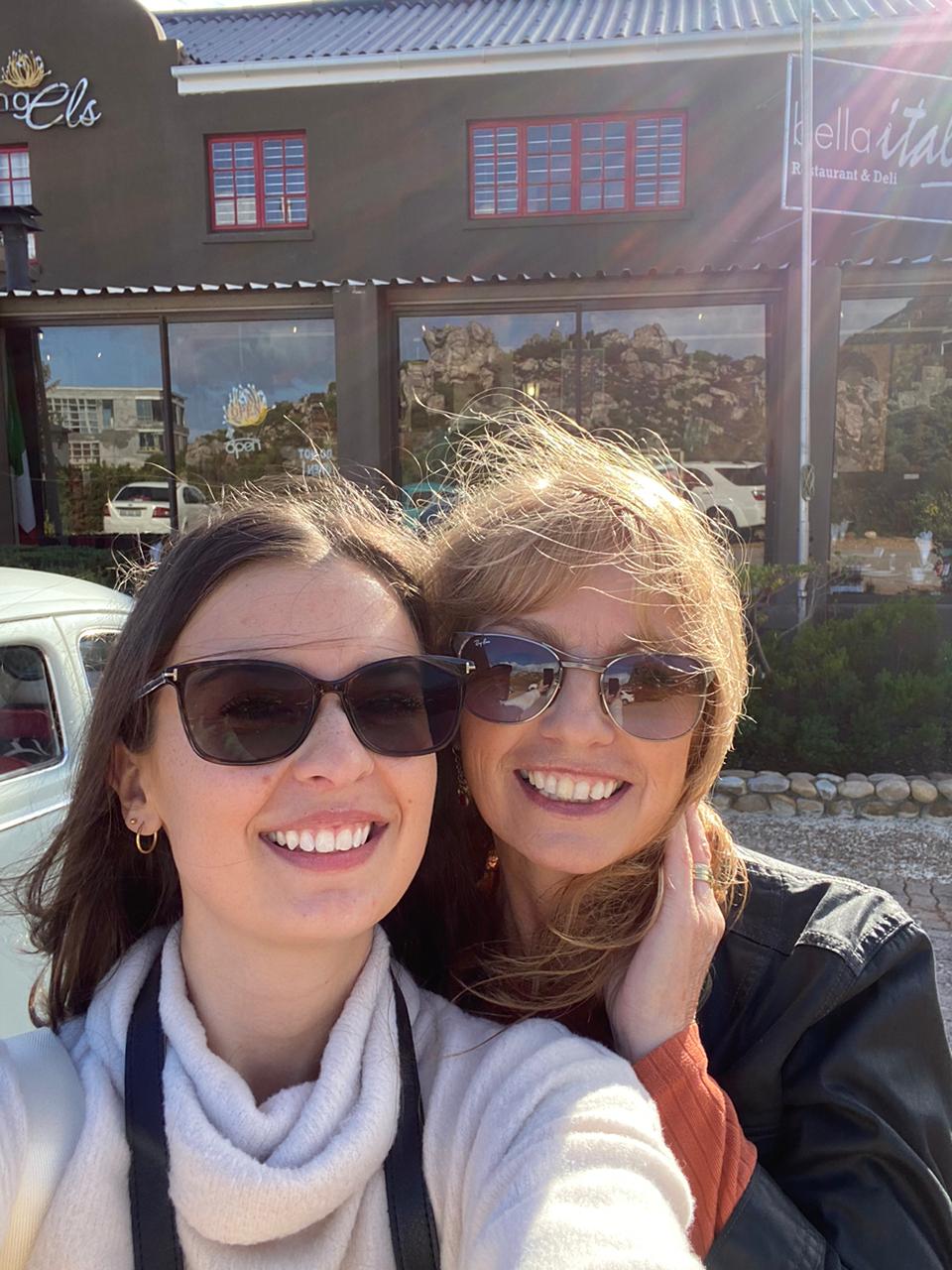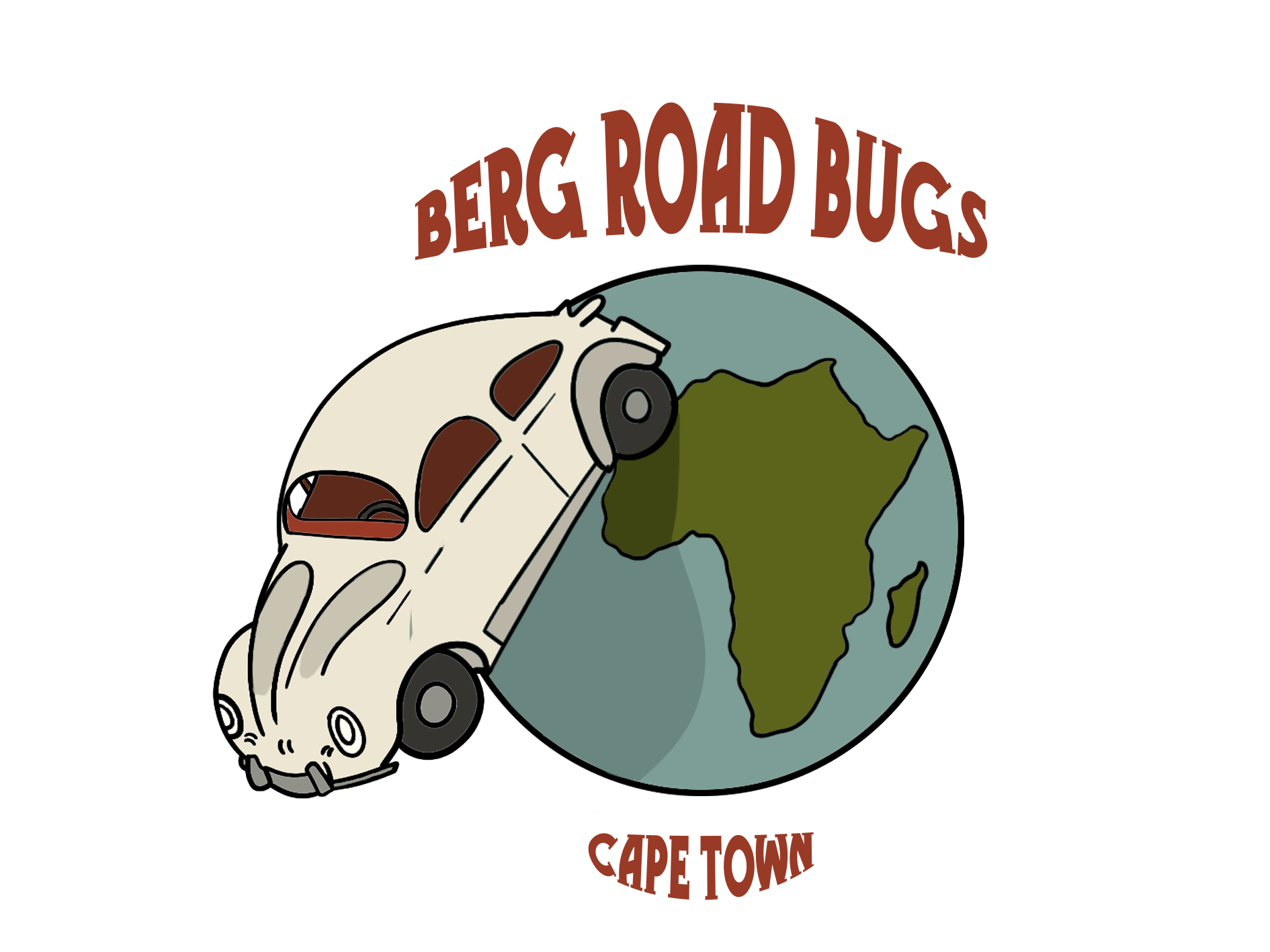Classic Car Rally / Treasure Hunt
Classic car touring is a type of road rally suitable for most standard classic cars with no special equipment needed.
Berg Road Bug tours are about enjoying the countryside and the company of classic VW air cooled Beetles, not about speed. In fact, within the competition, there will be severe penalties for finishing too early.
The idea is to travel from one checkpoint to the next within a certain time (time controls) not too fast or too slow, trying to match a speed average as set by the organisers.
We follow IFVV (International Federation of Vintage Vehicles) regulations for cars older than 20-years-old traveling on public roads in which the average speed over a stage should not exceed 50km/h.
Usually in traditional rally competitions, participants take part in pairs: a driver who drives and a co-driver who assists the driver. The co-drivers play an important role such as navigating and time management as participants compete on their orienteering skills, not on speed.
You won’t know the full route as only when you have successfully completed a required task at a checkpoint will you then follow instructions/clues/directions to the next checkpoint. We will typically cover up to a maximum of 150km a day in a defined route in a defined time.
There is no need to prep beforehand as the intention is to explore.

SAFETY
These cars are like a fine wine. You need to immerse yourself in the analogue era and active driving experience to allow the classic Beetle to be truly savoured.
Classic Beetles do not have the safety features expected of a modern car: there are no airbags, ABS or electronic assistance; it only has drum brakes, lap belts and the smell of your Grandad.
Over time, most classic cars lose over a third of their launch date horsepower. However, these classic Beetles are configured for slow cruising and taking in the surrounds and sounds of a bygone era. This lack of horsepower (37hp when new, but closer to 20hp now) is their greatest safety feature.
If you are looking for speed, this is not your trip.
Like dog years, Beetle lifespans are not like ours. In the 60s and 70s, these cars were designed for a lifetime of 160,000km or 12 years. Therefore, it’s important to remember that these cars have lived five times more lives than they were designed for. In human-equivalent years, they are all nearly 300 years old. With gentle driving and a loving maintenance regime, they can look forward to a much longer life. There is even record of a 1963 VW Beetle from California with 2.3 million kms on the clock.
RULES
TECHNICAL CONTROL
We will start with document control where we confirm vehicle papers, driver’s licenses and identity cards. Participants then confirm the cars are in order (headlights, indicators, wipers, spare wheel, fire extinguisher).
TIMING
The event is run under a “perfect time” format: The organiser will calculate a perfect time in minutes for each stage. This time is calculated as travel between each checkpoint at or below the speed limit, and includes a compulsory stop at each checkpoint. Perfect time includes a 1 to 5 minute stop allowance depending if it’s a compulsory 5-minute stop or a checkpoint stop.
The organiser has mapped each known and planned roadwork or “Stop and Go”, and time has been allocated to incorporate these stops.
The perfect time between checkpoints will not be disclosed — we will only give clues and approximate distance and heading. It is the co-driver’s challenge to calculate the perfect time utilising the rules and information available to hopefully come up with the same “perfect time” as the organiser. For example, a 20km stage on a 60km/h road with one roadwork delay (“Stop and Go” approx 3 minutes) and one 5 minute compulsory stop checkpoint.
“Perfect time” = (time to travel 20km + Stop and Go + checkpoint) = (20+3+5) = 28 minutes

SCORING
Scoring (timing to the nearest minute using “whole minute” points): Penalty points at timing controls will be assessed at one point per minute if later than the organiser’s “perfect time”; and a punitive two per minutes if early.
We will be using the actual minute as absolute perfect time (10 minutes 45 seconds recorded as 10 minutes).
A team will be considered to “zero” if their finished timing of that stage is within the perfect minute. Any arrival a minute later or a minute earlier will incur a one or two point penalty per minute, respectively.
Penalty for missing a checkpoint will be ten points.
Stopping for the purpose of “killing time” will result in a five-point penalty. Snitching is encouraged.
Creeping up to a stage finish is not allowed and will be given a five-point penalty.
Stopping to assist in the repair and service of another competitor’s car will be rewarded with a MINUS five-point reward.
Time allowance for circumstances over which you have no control, such as accidents and unexpected construction delays, will be considered. However, no allowance can be given for existing road repair “Stop and Gos” as they have already been considered in the “perfect time”.
KILOMETRE CONVERSION
Most classic VW Beetle odometers are in miles per hour while speed limits in South Africa are in kilometers (1.6 Kilometer = 1 Mile).
DEPARTURE TIME
Departure time for the cars is staggered at FIVE-minute intervals. For example, car number 1 leaves at 10:00am, and number 2 will leave at 10:05am. The co-driver will receive the day’s stage route instructions one minute before their departure.
STAGES
The stage finishing point will be include in the stage route instructions and the checkpoints will be highlighted. Each stage should be less than 100km, with at least one intermittent checkpoint.
CHECKPOINTS
At each checkpoint, the team must stop for a minimum of five minutes and send a WhatsApp selfie to the organiser. On receipt of the image, the organiser will send instructions to the next checkpoint. The checkpoints that punctuate the stages are intended to monitor your progress and location.
At the end of the event, the participants who have visited all these checkpoints with the fewest early or late penalties for each stage overall is the winner.

ROADSIDE ASSISTANCE
Berg Road Bugs has a dedicated VW Beetle specialist mechanic who will follow the group in a support car to attend to any breakdowns. Participants should WhatsApp pin-drop their location to the mechanic to call for assistance.
SPEED AND DECORUM
We all have one thing in common: we all think we’re better drivers than we actually are. This phenomenon is rarely more easily observed than on a rally.
Road speed limits are the most prominent variable in calculating the “perfect time”.
